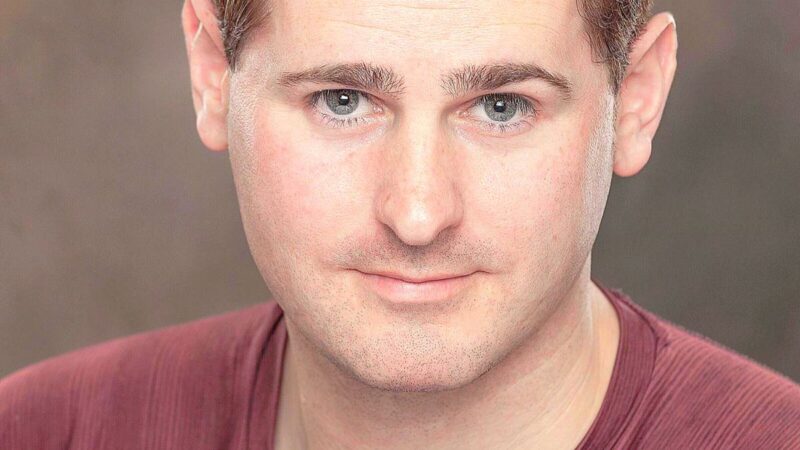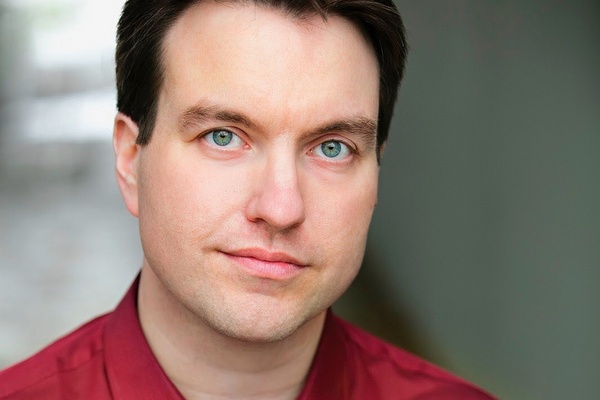
Robert O’Mara is from Philadelphia, PA. When he was 9 or 10 his family moved to Mesa, AZ where Robert did the rest of his schooling. He went to college to get a degree in Criminal Justice, he wanted to be a U.S. Marshal. Robert’s plan was to attend community college for two years then transfer all his credits to a University. On his very first day of college, in his first class Robert discovered that U.S. Marshals didn’t make a lot of money.
This was long before you could just find this information on Wikipedia. Now most people Robert had met, told him, he had a good voice for Radio so Robert changed majors to Communications. He then discovered a majority of radio people make less than U.S. Marshals. But the truth of the matter was that Robert didn’t really know what he wanted to do with his life. Robert didn’t know who or what he wanted to be. Does anyone really know at that age?
It’s so nice to meet nice people in this business of show. A pleasure to make the acquaintances of the @crazyantfilms peeps! Follow them now, they are making all the right moves. #actorslife 🎭#amwriting @RainGatherers pic.twitter.com/HEmSC4iC2l
— Robert O’Mara (@therobertomara) May 18, 2018
“But just before all this, during my senior year of high school, a friend told me he was performing in a “Improv Comedy Troupe”. I had no idea what that was but I loved comedy so I went to see the show. This cast of people, most of them in high school as well, cracked me up for 2 hours.” says Robert O’Mara
Robert O’Mara was blown away at what improv comedy was all about. He then showed up as an audience member for nearly every performance of this troupe for the next two years. He became friends with most of the cast, they were inspiring to be around. It was a great relief from the stress of college life and working a full time job.
One day, a few of the performers told him they were forming a new troupe and they asked Robert to join. He had never done improv or theater (Unless you count the Halloween Play when he was a Cub Scout) but he decided to go for it. Robert can still remember how nervous and scared he was on the day of his first show. Then during the show, he delivered his first punch line and the audience went crazy with laughter.
“The adrenaline rush I got from that one laugh was off the charts. I had been bitten by the acting bug. Just a few weeks later, I dropped out of school and went head first into acting. I wanted to do it all. Film, theater, commercials, you name it and I wanted it.” says Robert O’Mara
indieactivity: Did you study what you do?
Robert: Oh yes. Since I was so green at all things acting I started with a class that was about as basic as it gets. Lessons like, “This is what Stage Left and Stage Right mean, those flaps on the theater lights are called Barn Doors, here’s how you turn out your body to your audience.” Stuff you learn in as a Freshman in a high school theater department and here I am this 21 year old college drop out and I can’t get enough of it. I felt like I was learning the tricks all my favorite actors knew. I loved it!
But my eye were opened even wider when I took TV and Film classes from director Tom Logan. He gave us examples of how actors hit their marks, how the shot if framed, how you add natural human behavior to a script. Talk the way people talk in real life, that’s what an audience wants and will believe. Even since then, I’ve never watched a TV show or film the same way. I’m always looking at lighting, wondering why they used a close up instead of a wider shot, and how the actor delivers their dialogue, the writers use of the dialogue
indieactivity: What is your filmmaking process?
Robert: I think a lot of actors make the process of acting too hard on themselves. And from that I find a lot of acting techniques to be to much of a burden. Call me old fashioned, but I’ve always felt it was my duty as the performer was to change myself to fit the part, not the other way around. So if the writer wants my character to say something, there must be a reason for it, so I have to find out why. That is my job. And if I’m reading good quality writing, it’s not going to be hard to find out what’s going on in my character’s head. Just read the words. Study, study, study the words. The use of certain words says a great deal about a character.
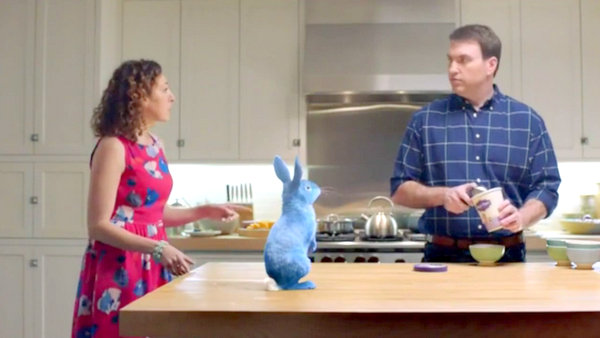
The only thing technique wise that I try to bring to every role is to be open to change. You may discover a truth about your character you just didn’t see sooner, so be willing to back to the very beginning and make that change if you’ve proven yourself wrong. I want my director, my scene partner, my audience and the writer to see the best performance I can give. So I have to find the truth in the character as it relates to the story. If I can make those decisions as quickly as I can and I believe in the performance I’m giving, then it rest becomes very easy. Then it’s just dressing up and playing make believe.
indieactivity: Tell us about the work you have produced?
Robert: Last year I produced three shorts that also wrote and turned into my Show Reel. It was a very valuable learning experience. It taught me to learn as much as you can about what goes on behind the camera. It’s just as important as what goes on in front of the camera. Learn it all. Learn how to scout locations, sit in on auditions, where to hire extras, make sure you have the best sound mixer, if you’re going to spend lots of money on a project, make sure it’s on sound.
If we can’t hear what’s being said, then whats the point? Learn how distribution works, even more so now that we are in the age of online streaming. The more you know about what other people do, the more prepared you’ll be to handle any problems that can come up and how you can get through them.
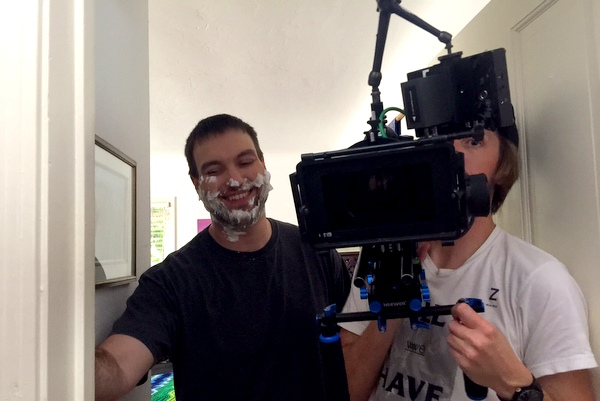
indieactivity: Do you take courses to improve your craft?
Robert: Absolutely. The more you do it, the better you get. Here’s an example. You’ve been hired on a 9 to 5 job, it’s first day and you’re nervous. A trainer is telling you things and you are trying to understand all this new information. You make a ton of mistakes, maybe even a customer or the boss gets upset at you. You might even go home that day telling yourself you can’t go back tomorrow because it was too hard. But you do go back and some of the things from the first day you remember for the second day, and more on the third day. Before you know it, six months have passed and you now do you job out of habit.
Acting is not all the different. The more to push yourself, the more you grow. The more questions you ask, the more you learn. I learned a lot about the business of filmmaking from Brain Reise Studios in West Hollywood. He taught me about cold reading auditioning, how to interact with producers and casting directors in meetings. How to handle your nerves. He build up a lot of confidence in me.
indieactivity: How did you get into the film business?
Robert: I starting in film but going to student film makers. It was the time before digital film making had really taken off, before everyone you know had DSLR’s or iPhones. I had no credits and no agent and student film people don’t care about that stuff. They just want to make something. Bless their big hearts. Soon after that I found a few indie projects.
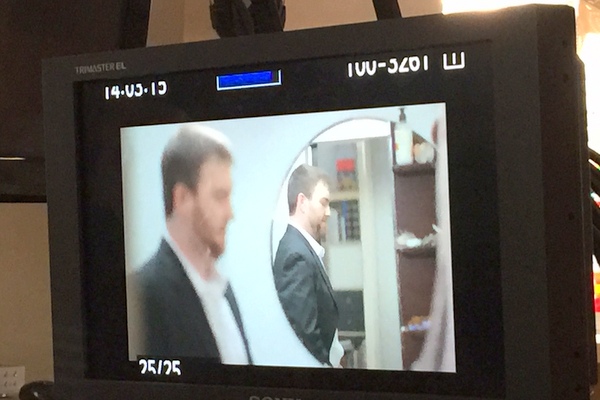
I was amazed at what you can do with film making. The stories you can think of and tell are virtually limitless. I loved what you can change the tone of a scene just buy shifting your eyes, or with a piece of music. I knew then that if I was going to ever become a professional actor, I wanted to take a shot at being a film actor first.
indieactivity: How do you turn an idea into a screenplay?
Robert: By daydreaming. I was always that kid that stared out the window and looked at the clouds to imagine myself in another place. Most of the time when I was in school. One day I began to write down what I was imagining. Usually it’s just one moment but you just expand on it.
If you see your character in one place doing one thing, what would that character do somewhere else? How would that react to other characters? You just keep building on that until you find the story you’re looking for.
indieactivity: What writing tip can you give young writers?
Robert: If you get an idea for a story and it excites you, write it down ASAP. The worst thing you can say to yourself is “I’ll remember this later.” No you won’t.
indieactivity: What advice do you give to actors?
Robert: If you really want this and you put in the work, there’s nothing you can’t do. A lot of people are not going to understand why it takes so long to book work or why you’re always broke. Those same people will try to discourage you. Don’t listen to them.
Even if it’s your Mom or Dad. You get one shot at life, so live that life doing what you love and never look back. And don’t be worried about making mistakes. I can promise you you’re going to make a lot of mistakes in acting. I can also promise you those won’t kill you, they will make you stronger and wiser. Keep creating, keep learning, never give up.
Follow Robert O’Mara on Social Media
Website
IMDB
Facebook
Twitter
Instagram
YouTube
Vimeo

